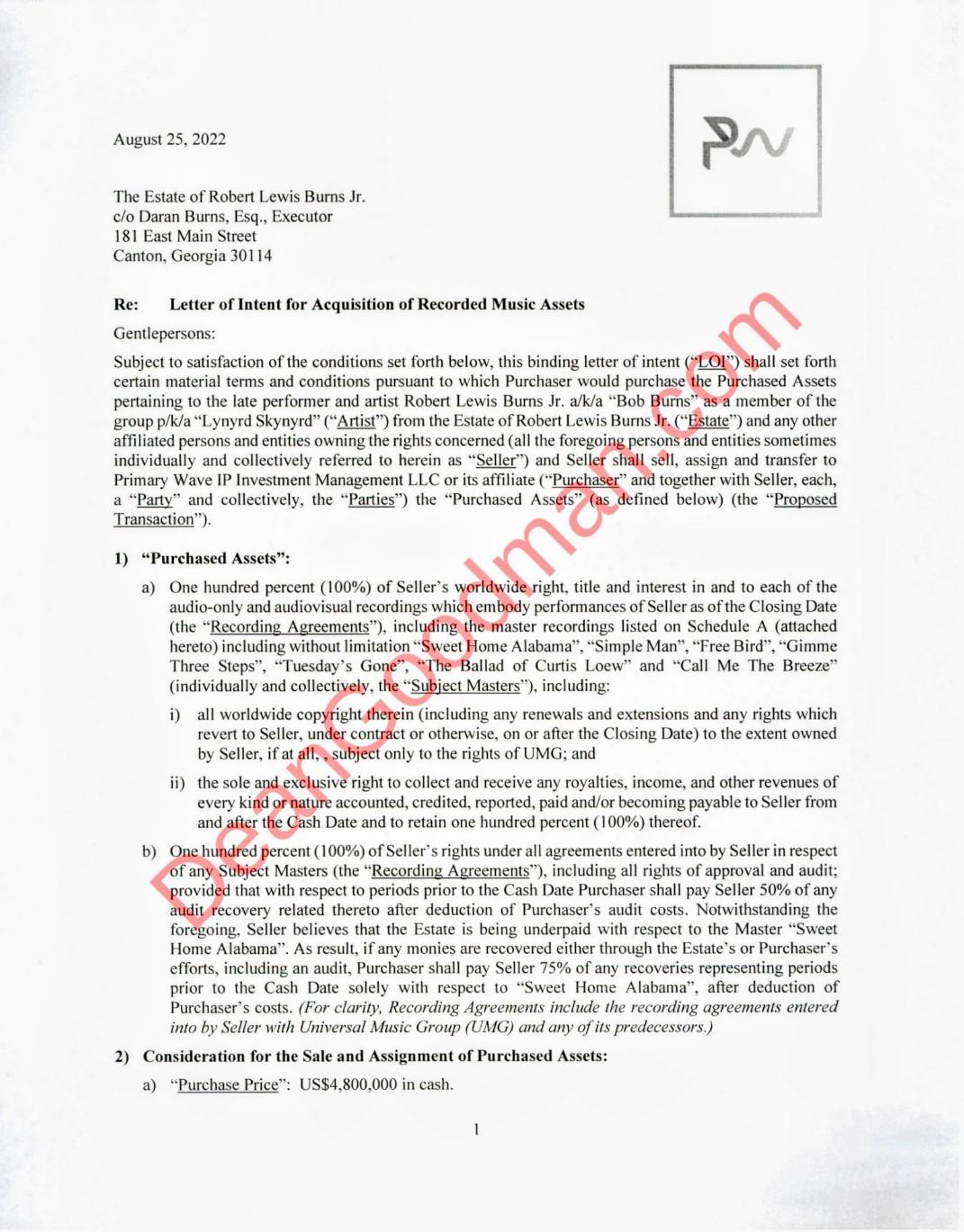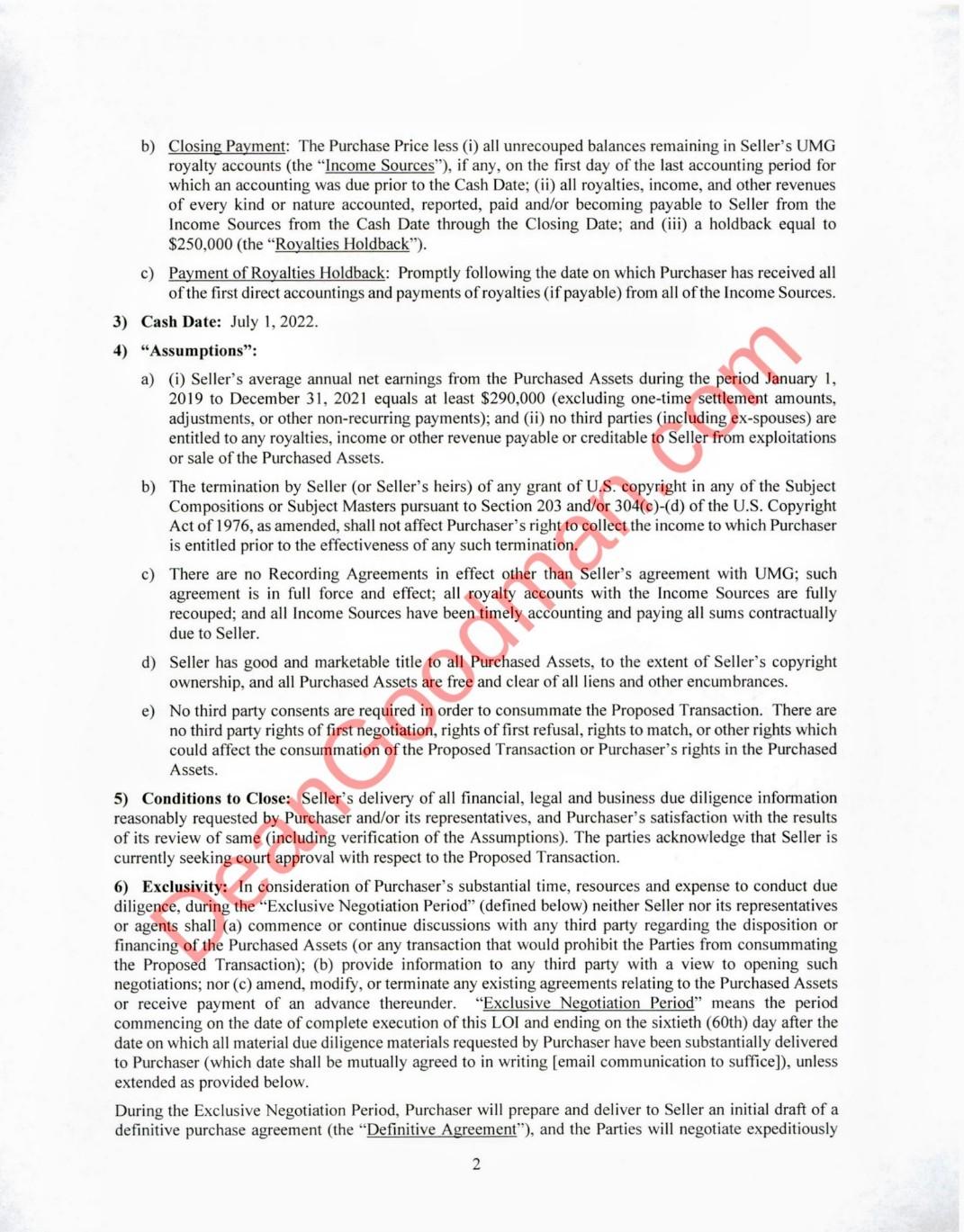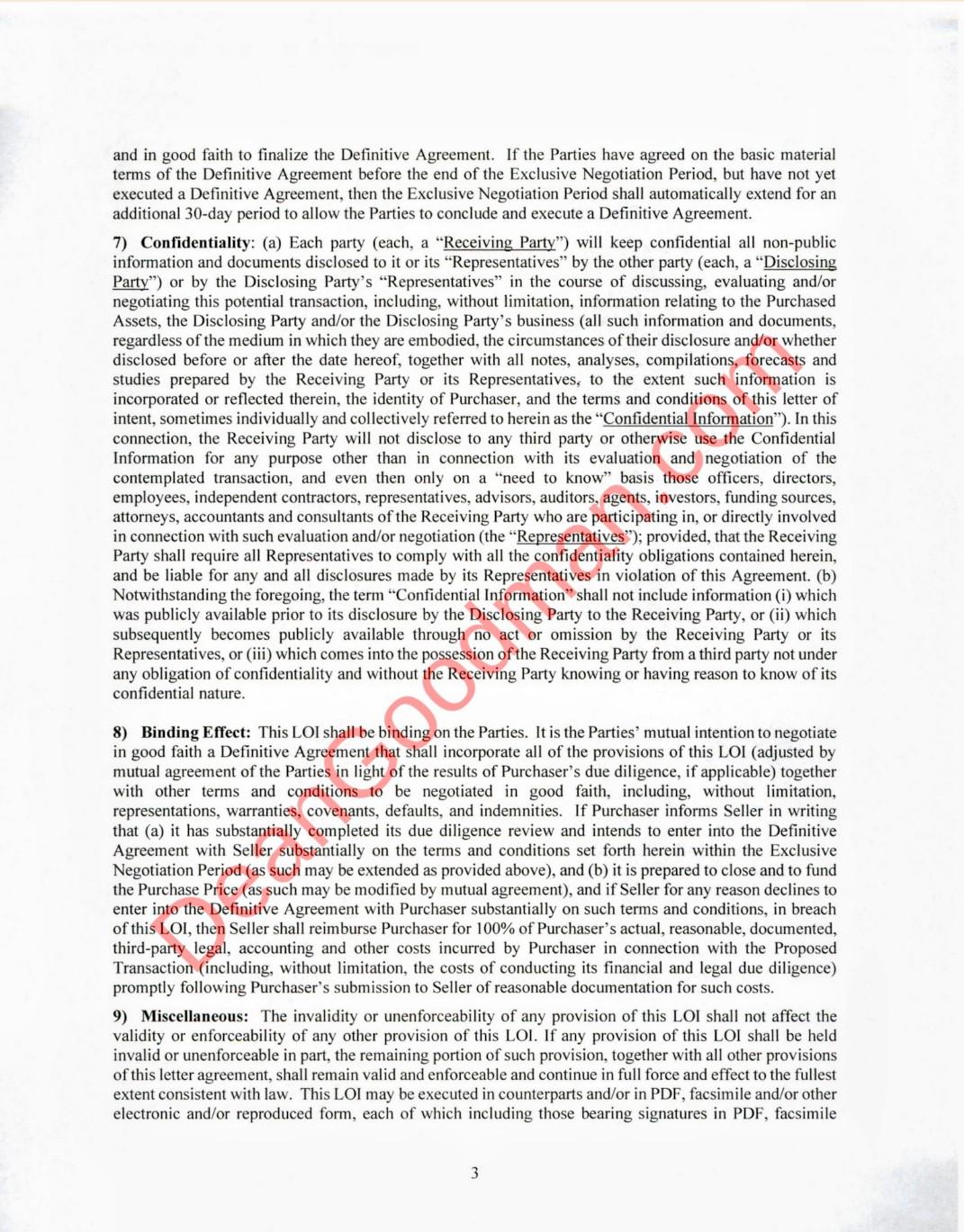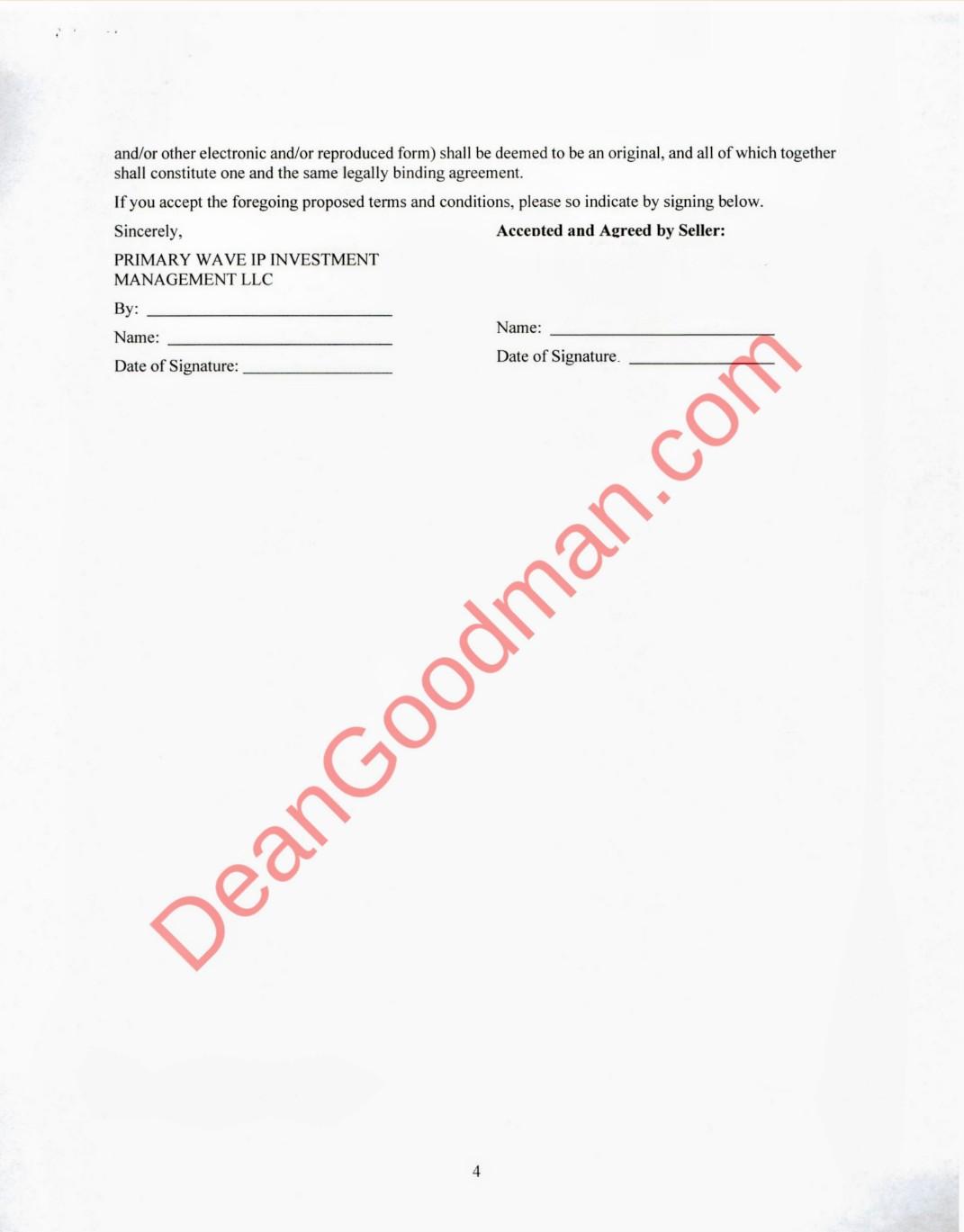EXCLUSIVE: Lynyrd Skynyrd drummer’s music rights sell for $4.8 million
It’s a shame Bob Burns didn’t live to enjoy the full financial fruits of his tenure as Lynyrd Skynyrd’s original drummer. Burns left the band in 1974 and spent the rest of his life in obscurity before his death in 2015 at the age of 64. Now his heirs have earned about $4.8 million* from selling his music rights to Primary Wave, a voracious collector of intellectual property created by the likes of Burt Bacharach, Smokey Robinson and John Mellencamp.
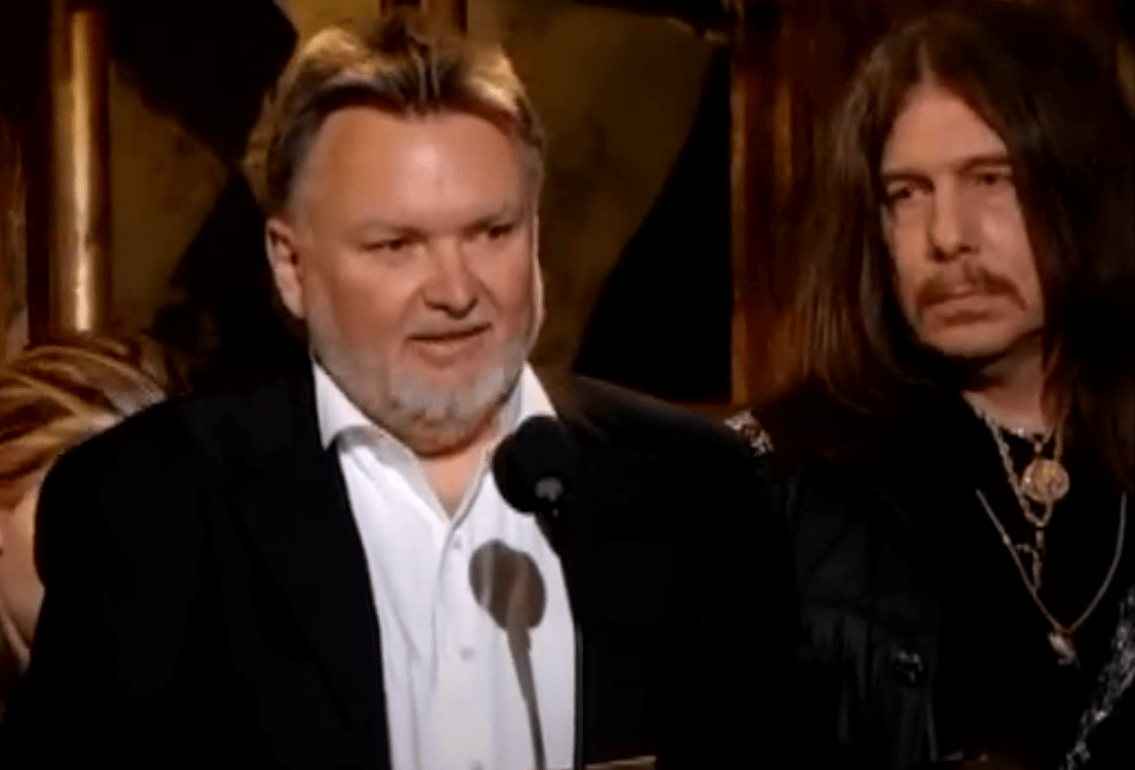
The deal was announced last month, and described as being in the multi-millions. But a binding letter of intent from August 2022 has surfaced with more info (see below). It notes a cash price of $4.8 million covering Burns’ “worldwide right, title and interest” in the various audio-only and audiovisual recordings on which he was featured. Burns played on Skynyrd’s first two albums, (Pronounced ‘leh-‘nerd’skin-‘nerd) and Second Helping, which respectively feature the band’s two biggest hits, “Free Bird” and “Sweet Home Alabama.” But let’s not forget such evergreens as “Tuesday’s Gone,” “Simple Man” and “Workin’ for MCA.” Additionally, band leader Ronnie Van Zant generously credited Burns as a co-writer of “Mississippi Kid” for supplying the title. He is also featured on such videos as the Live at Rockpalast DVD. (I wanted to interview him in connection with the latter release, but the Universal Music rep said Bob was not available.)
* The deal was evidently subject to an audit, which could have boosted the final total. It seems the Burns estate was concerned that it had not been getting its correct share of “Sweet Home Alabama” money.
The primary beneficiary was Bob’s youngest brother, Daran Burns, a Georgia lawyer, with Bob’s two adopted daughters sharing a smaller percentage. This was agreed to after the sisters contested their omission from Bob’s will. (I assume they argued that Bob’s estate included the assets of his wife — i.e. their mother — who passed a few years before he died in a single-car accident near his Georgia home.)
Bob’s story was a sad one, and I’m going to borrow extensively here from the upcoming memoir of his replacement, Artimus Pyle (which I helped write).
“Bob suffered from undiagnosed bipolar disorder, which was aggravated by the general substance abuse that went on within Skynyrd,” Artimus writes.
After a shocking incident in Paris — where Bob defenestrated a cat that had had no more lives left to spare, and then chased a road manager down the street with a pick axe — Artimus was brought in. But Bob wasn’t completely out yet, so the band had two drummers for a brief period.
We went out there, and I would play the last half of the set and “Free Bird.” Bob would come out and play in the beginning. I think Ronnie was going to ask Bob to come back to the band and we’d have double drummers. Charlie Daniels had two drummers, the Allman Brothers had two drummers. The two-drummer thing was cool. Ronnie really missed Bob, ’cos he wrote a song called “Am I Losin.'” It talked about how money got in the way of his friendship with Bob. I told Bob this too: “I’m almost positive that we’re going to do the double-drum thing and bring you back in.” I really meant that. I still mean that.
But it was not to be, and Artimus became the sole drummer at the start of 1975. The two drummers reunited at Lynyrd Skynyrd’s Rock and Roll Hall of Fame induction in 2006 where Bob played “Sweet Home Alabama.” And a few years later, they performed on a rock ‘n’ roll cruise ship, with unfulfilled plans for so much more.
We became really close. I would introduce him: “When you fell in love with Lynyrd Skynyrd this was the man playing drums. I’m gonna bring him out right now. Please welcome the Ringo Starr of southern rock drummers, Mr. Robert Burns.” And he came out, the place went crazy. We played “Gimme Three Steps,” each of us playing spot-on perfect. He couldn’t do like he did, play a 3-hour show, but he could play three or four songs. I came out and sang “Sweet Home Alabama” and he played drums on it. There were people crying in the crowd. It was really touching. I’ve given Bob credit where credit’s due. That’s what Ronnie taught me, he instilled that in me.
There’s a lot more about Bob in Artimus’ book, including his key role in the adoption of the name “Lynyrd Skynyrd.” Alas, the tome has been blocked by the Skynyrd industrial complex of lawyers, widows, heirs and managers. But I’m confident we will prevail very soon. Stay tuned. Meanwhile, see the Artimus Pyle Band on tour with new addition Bo Bice stepping in for Ronnie.
NOTE: If you liked this, try my gossipy rock bio Strange Days: The Adventures of a Grumpy Rock ‘n’ Roll Journalist in Los Angeles, available here. For more info, go to strangedaysbook.com
Copyright © 2025 by Dean Goodman. PLEASE DO NOT CUT AND PASTE THE WHOLE THING
